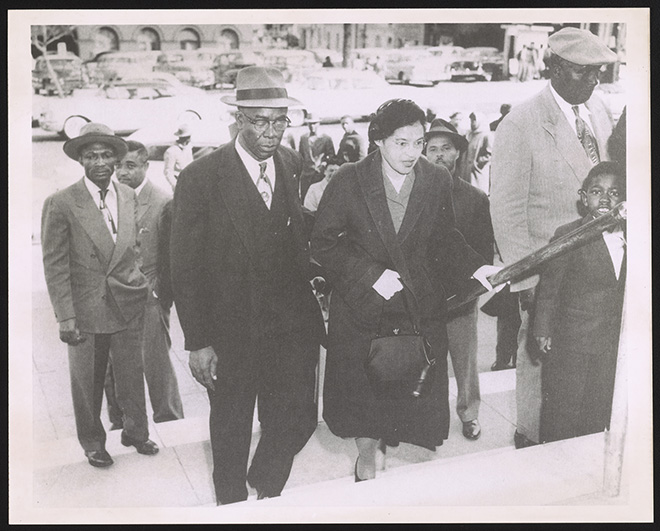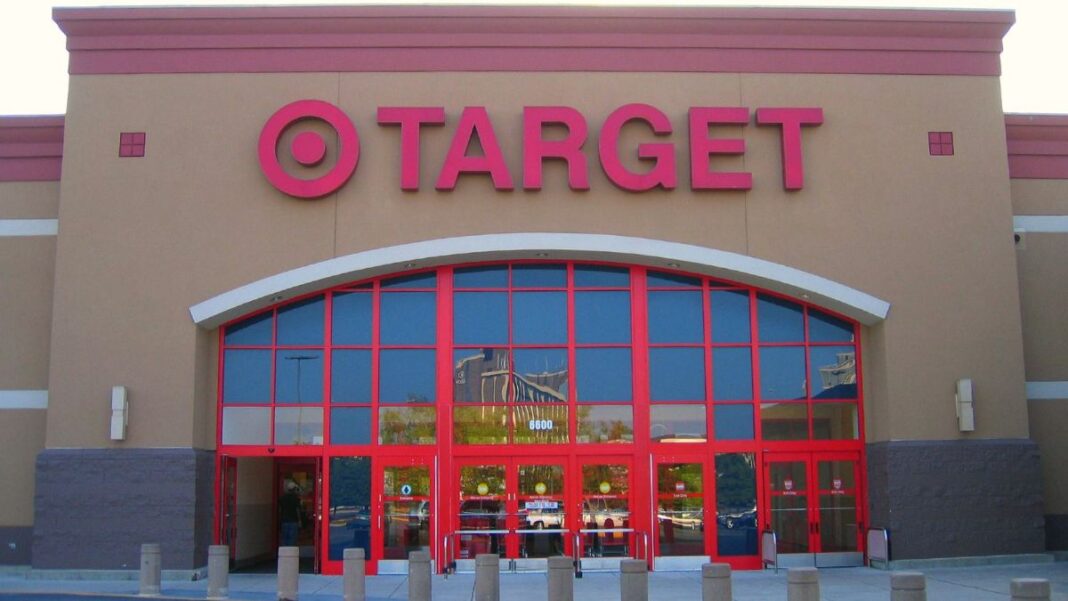A Target store in Springfield, VA (Photo Credit: Jay Reed/Flickr).
In recent months, Target has faced significant financial setbacks, with $15.7 billion erased from its market value. While various factors contribute to a company’s stock fluctuations, one decision stands out—Target’s retreat from its diversity, equity, and inclusion (DEI) initiatives. The retailer’s declining sales serve as a stark warning to corporations that underestimate the economic power of Black consumers and communities of color.
The Economic Power of Black Consumers
African Americans hold immense financial influence in the U.S. economy, contributing over $1.6 trillion in annual spending power, according to Nielsen data.
Collectively, people of color drive a substantial portion of retail sales for major companies like Walmart and Target. In fact, Black consumers alone contribute significantly to industries such as beauty, fashion and home goods, sectors in which Target thrives.
A 2021 McKinsey & Company report found that people of color account for nearly 40% of U.S. consumer spending. If these communities chose to redirect their spending away from corporations that neglect or dismantle DEI programs, the financial consequences would be devastating. Imagine the impact if just a fraction of that spending power were strategically withheld until companies reaffirmed their commitment to equity and inclusion.
Lessons from History: The Montgomery Bus Boycott

E. D. Nixon escorting Rosa Parks to the courthouse in Montgomery, Alabama, to attend the trial of Martin Luther King, Jr., March 1956. Photograph. Visual Materials from the Rosa Parks Papers, Prints and Photographs Division, Library of Congress.
Corporate America has been put on notice before.
The Montgomery Bus Boycott (1955–1956) remains one of the most successful economic protests in American history. African Americans, who made up 75% of Montgomery’s bus ridership, collectively withdrew their financial support for public transit for 381 days to protest segregation. The financial toll was undeniable: the bus company lost an estimated $3,000 per day, totaling $1.14 million in losses at the time—equivalent to $14 million today.
This historic movement exemplifies the power of economic activism. When marginalized communities strategically leverage their financial influence, they can challenge corporate and governmental policies that disregard their rights and interests.
Costco: A Case Study in Supporting DEI
While Target faces backlash, Costco has taken a different approach—embracing DEI.
Following Costco’s public support for diversity initiatives, leaders like Rev. Al Sharpton and the National Action Network encouraged Black consumers to support the retailer. The result? A 9.2% increase in sales, with Costco reporting $19.5 billion in revenue in January 2025 alone.
This surge in consumer engagement was no coincidence. Costco’s decision to stand by DEI efforts sent a clear message: “Black America, we see you, and we value you.” The retailer’s commitment to inclusivity not only aligned with moral and ethical principles but also proved to be a financially sound business decision.
The Cost of Abandoning DEI: Target and Harley-Davidson’s Struggles
In contrast, companies that have retreated from DEI efforts have seen significant declines. Beyond Target’s staggering $15.7 billion market value drop, Harley-Davidson also suffered after announcing the end of its DEI programs. The motorcycle manufacturer saw a 60% drop in sales and a 53% decline in fourth-quarter motorcycle purchases.
These declines suggest that removing DEI initiatives can alienate key consumer groups and damage brand loyalty. In an increasingly diverse America, businesses that fail to recognize the importance of inclusion risk losing not just credibility but also billions in revenue.
The Legal and Ethical Case for DEI
Opponents of DEI often argue that such programs are unnecessary or even discriminatory. However, the Supreme Court’s 1954 ruling in Brown v. Board of Education set a precedent that American institutions must uphold diversity and civil rights protections. Even recent legal challenges—such as the Harvard affirmative action case—do not negate the fundamental principle that diversity is both necessary and legally defensible.
Moreover, DEI is neither unconstitutional or illegal; it is an essential framework to ensure equal opportunity across corporate, educational and public sectors. Companies that remove these initiatives are not acting under legal compulsion but rather making a deliberate choice to deprioritize inclusion—a choice that comes with economic consequences.
A Call to Action: The Power of Collective Economic Influence
The data is clear: DEI is good for business.
Companies that embrace inclusivity see stronger financial performance, while those that abandon it face consumer backlash and declining sales.
The Black community—and allies who support equality—must recognize their economic power and use it strategically.
If African Americans, women, and supportive white consumers united in withholding their spending from corporations that dismantle DEI initiatives, the impact would be immediate and undeniable. Just as the Montgomery Bus Boycott forced change in public transportation, an economic movement today could force corporations to recommit to diversity, equity and inclusion.




